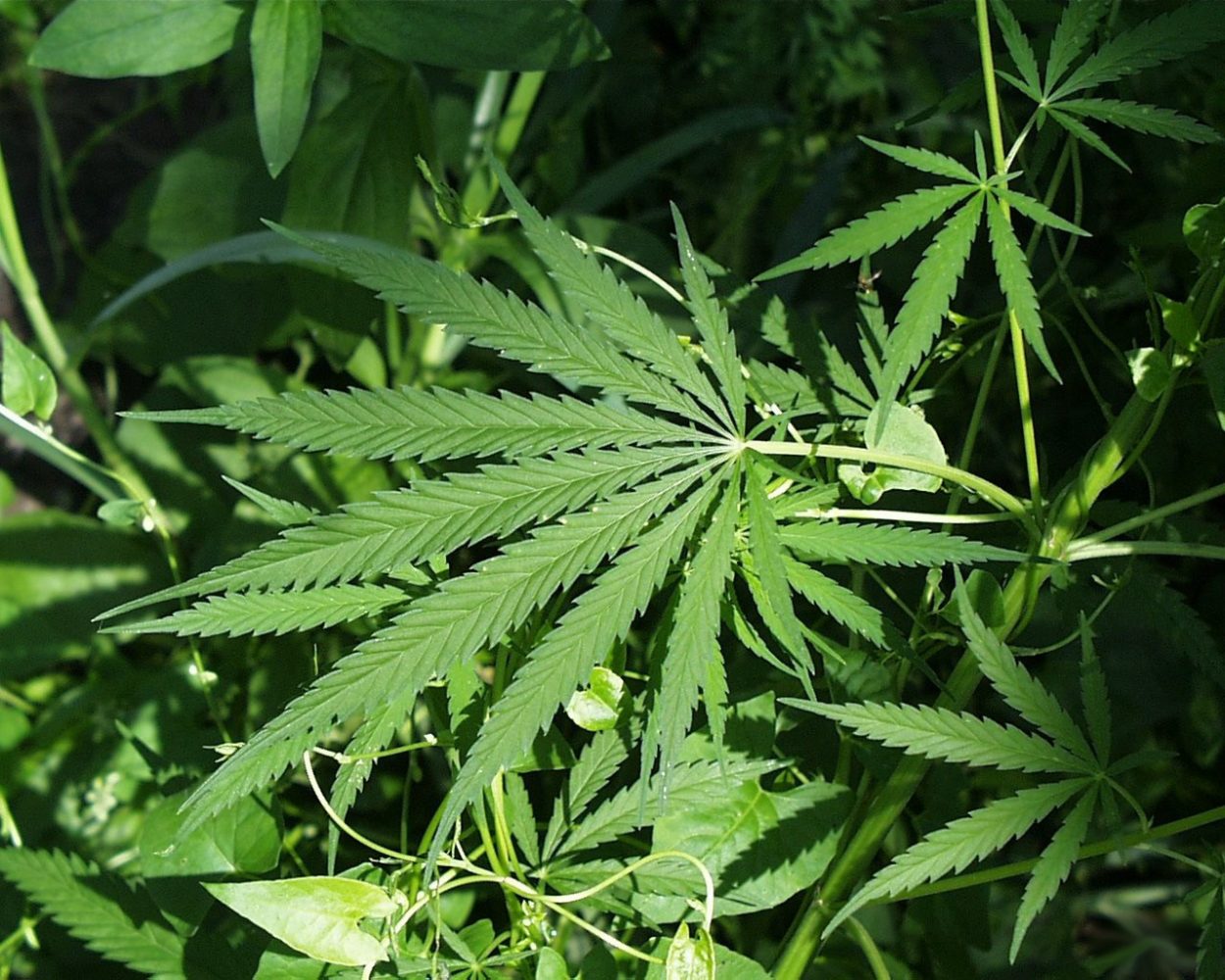
Sitka’s Marijuana Advisory Committee presented their final report to the Assembly last night (03-08-16).
At last night’s Sitka Assembly meeting (03-08 -16), the Marijuana Advisory Committee presented its final report to the Assembly. The seven-member Committee, which served as an interim Local Regulatory Authority (LRA), convened in late October to make recommendations for Sitka’s burgeoning marijuana industry. KCAW’s Emily Kwong has more.
For a committee that met once, sometimes twice, a week for two hours, the document the Marijuana Advisory Committee presented to the Assembly was surprisingly slim: just a page, front and back.
Here is a full copy of the Sitka Marijuana Advisory Committee Final Report
But Chair Levi Albertson explained that’s because the state took care of the major questions. “There’s answers to almost all the questions you could have somewhere in the state regulations,” he said.
So in addressing local control, the committee decided to focus on a handful of issues, namely taxation, consumption, and zoning.
In their report, the group recommends a 2% point-of-sale excise tax on all retail sales of marijuana. Albertson described the number as a “placeholder,” in light of the state’s $50 per ounce excise tax and anticipation that the IRS will levy taxes too, wanting a piece of the cannabis pie. “[Commercial marijuana] is still illegal at the federal level and in all their wisdom, the federal government has said that there’s a form that you can fill out if you get money from an illegal activity to file your taxes,” Albertson said, adding, “It’s at a huge percentage, somewhere in the neighborhood of 80 to 100% and does not allow deduction.”
And when it comes to consumption, the committee recommends that buyers be allowed to use pot in licensed, indoor marijuana establishments. Alaska is the first state to legalize a policy of this kind and Albertson said the committee considered it a boon for the cruise ship industry.
But, what about zoning? For setting up shop in Sitka, the committee considered making certain areas, such as the Central Business District or Gary Paxton Industrial Park, permitted use. But, after consulting the Planning Commission, they reached what Albertson described as a “compromise,” requiring business owners to go through the conditional use permitting process.
Speaking during persons to be heard, prospective business owner Aaron Bean said such a measure may not be necessary given existing statutes within Sitka General Code. “There is already some permitted uses for horticulture and retail for manufactured products that I believe are on the books now that wouldn’t warrant using the conditional use process,” Bean said. “As far as I’m, the conditional use would be for something that wouldn’t otherwise be permitted. And in this case, it’s a plant like any plant at the end of the day.”
Margie Esquiro, who has been attending the meetings regularly since November, told the Assembly that she endorsed the requirement for a conditional use permit. She brought up the example of a tutoring facility. “If they need a conditional use permit to have tutoring for students, then a marijuana establishment needs a conditional use permit also,” Esquiro said.
Esquiro did however, denounce the suggested excise tax. She said that a 2% excise tax would only raise $20,000.
Margie Esquiro: I just think that if taxation was an issue that got people out to vote for this industry, then we need a little more than 2%.
Pete Esquiro: You’ve got a much higher percentage on groceries and on everything else in town. Two-percent just makes absolute mockery of the whole taxation system as far as I’m concerned.
That’s Sitkan Pete Esquiro. With the committee past their sunset date, the Assembly will have to appoint a permanent Local Regulatory Authority (LRA) for Sitka. In his comments, Albertson recommended the LRA be a reincarnation of the Marijuana Advisory Committee. But Pete Esquiro felt the job was best suited for the Assembly or the Planning Commission, as is done in other communities.
But the whole industry hinges on one big hurdle: product testing. The state Marijuana Control Board wanted to loosen testing requirements in rural areas, far from laboratories. But the Department of Law overturned that allowance in January, requiring all marijuana to be tested for THC content, CBD content, and presence of mold, bacteria, and pesticides.
With Sitka on an island and transport by plane or boat still illegal, Albertson said solving the testing riddle will make or break the industry here. “We’ve spoken with members of the industry that feel there are some workarounds to that: some smaller personal test kits that can be purchased. Most specifically for personal consumption,” Albertson said.
“[The test kits] are for home use if you wanted to test your own, but we might be able to get the results the state is looking for out of kits or some alternative means, rather than building a marijuana testing lab in Sitka,” he said. This solution would require permission from the state, so until then, the fate of Sitka’s pot industry remains up in the air.
Support Raven News: Your community over the air and online.
http://bit.ly/02FB-SupportKCAW































